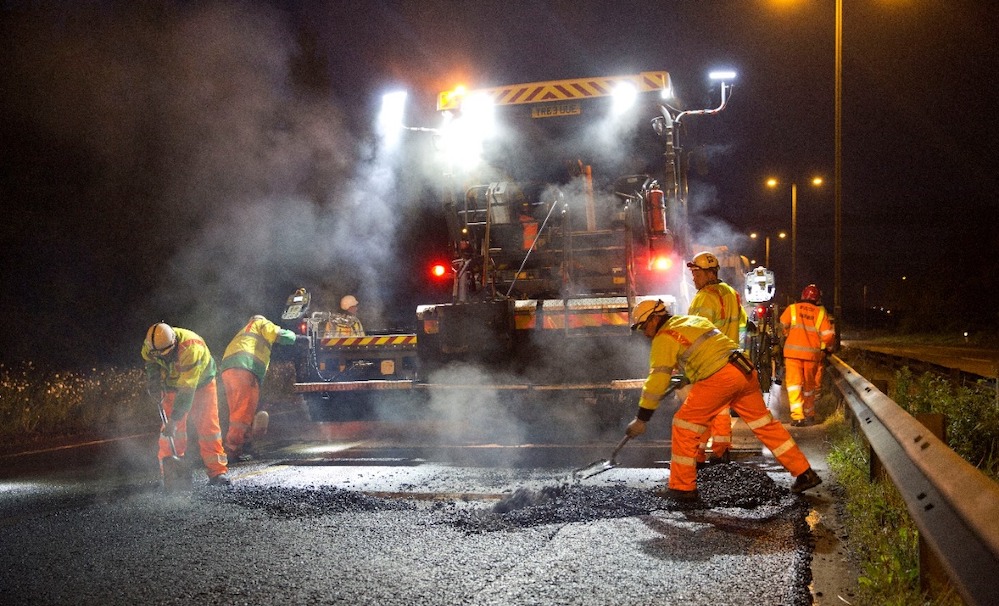The proposed Clean Air Zone for Bath could have a significant impact on the costs of local business in the area, according to the Freight Transport Association (FTA), following the publication of the local council’s consultation document on the scheme.
The Association, which represents more than 17,000 members, recognises that work must be done to improve the state of the nation’s air quality, and welcomes that Bath is proposing a city centre zone, but notes that key local routes – the A4 and A36 – are included, and so the impacts will be felt well beyond the city.
FTA’s Head of UK Policy Christopher Snelling commented, “When the proposed Zone comes into effect in 2020, many logistics operators, especially small and medium sized firms, will still have non-compliant vehicles and so will face charges of around £100 per day to get through Bath.
“The effects will be worse if vans are included, which is one of the options. There will only be four years’ worth of compliant vans in the fleet, so any small business that relies on second-hand vehicles in operate in or through Bath maybe priced out of business.”
“FTA is offering its experience and expertise to work with the local authority, to help them develop and introduce its plan in a timely and appropriate manner, so that they can achieve their aims of reducing NO2 whilst supporting businesses and the economy.”
Efficient logistics are vital to keep Britain trading, directly having an impact on more than seven million people employed in the making, selling and moving of goods. With Brexit, new technology and other disruptive forces driving change in the way goods move across borders and through the supply chain, logistics has never been more important to UK plc. A champion and challenger, FTA speaks to Government with one voice on behalf of the whole sector, with members from the road, rail, sea and air industries, as well as the buyers of freight services such as retailers and manufacturers.








The “dieselgate” scandal has taught us that EU vehicle Emissions Standards are useless for estimating real-world driving emissions. To use EU vehicle emissions standards as the entrance requirement for the Low Emission Zone (LEZ) is irresponsible. London has had an LEZ which bases its entrance requirements on EU vehicle emissions standards since 2008. They have failed to reduce nitrogen dioxide (NO2) emissions, and in fact a recent study claims they made the problem worse. So why is Bath following their lead? The solution to the problem is to use remote sensing technology to measure vehicle emissions from cars entering the LEZ. Those high emitting vehicles will be identified and then the authorities can either force them to get fixed, or remove them from the road. Studies have shown that 5 to 10% of the vehicles cause 30 to 40% of the air pollution. Bath should solve this problem by making the polluters stop. Not by punishing many innocent people because they own an older vehicle.